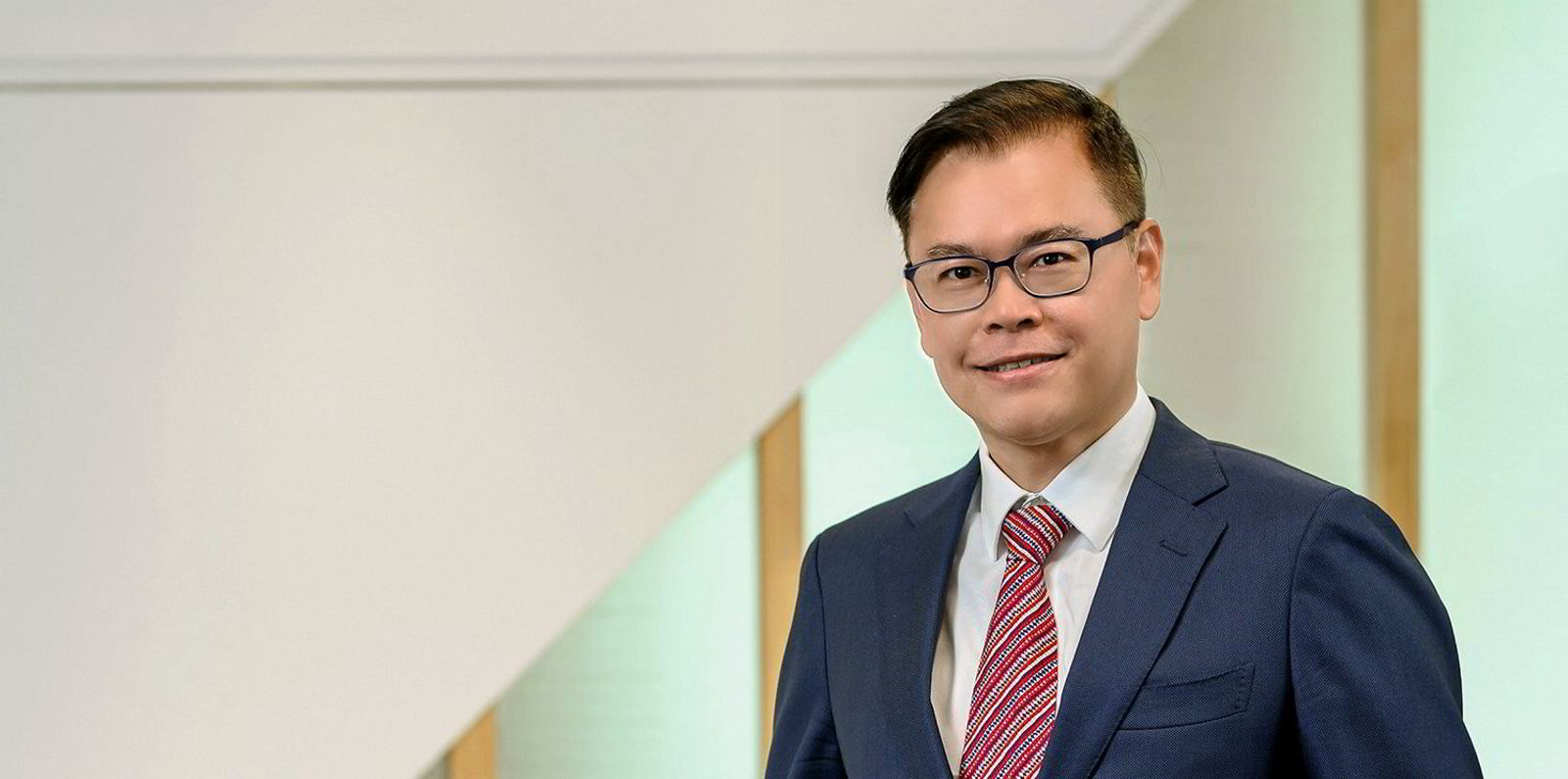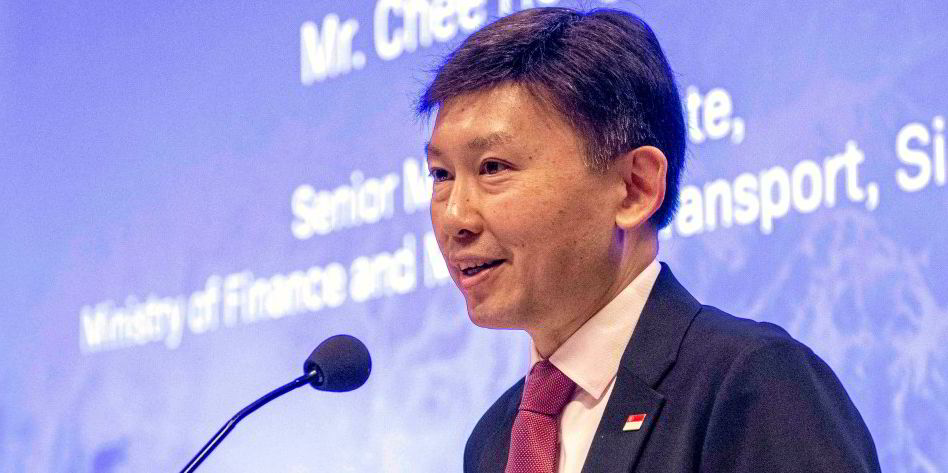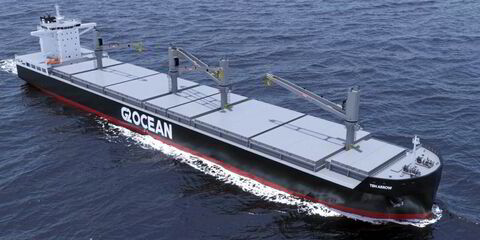Singapore’s automated container Tuas Port will become a full-scale test bed for artificial intelligence, even if the use case needs to be clearer.
The port, located to the west of the city-state, is targeted to have a handling capacity of 65m teu. It was officially opened in September 2022 and is fully automated and digital.
Dr Su Yi, from the Institute of High Performance Computing, part of Singapore’s Agency for Science Technology and Research, believes digitalisation is needed to be able to achieve safety and decarbonisation goals with such high cargo volumes and ship movement.
However, he warned of challenges to the use case for AI models. Data silos still need to be dealt with, he said, as does data quality and quantity.
In the last year, the number of AI-related start-ups and services has exploded.
Microsoft’s chief technology operator for the public sector, Greg Wilson, believes that all digital tools will soon have some element of AI in them.
Talking to an audience at Singapore Maritime Week, he said the number of users of AI large language models like Chat GPT had rocketed to 100m in a matter of months while it took 16 years for mobile networks to achieve the same.
Wilson said the business case for AI is growing quickly.
“The discussion has gone from why should I do this to how do I do this,” he said, adding that ports and other public sector users of AI are asking now for proof of value rather than proof of concept.
Wilson calls AI development a socio-technical process, particularly in ports, where users may be from different countries and speak different languages but can still use port services through their AI language models.
Singapore’s Maritime & Port Authority has been working with Microsoft and has also signed a memorandum of understanding with Amazon Web Services as it increases its digitalisation efforts.
Use case and value of AI
Dr Yi said the shipping industry’s continued use of siloed data has yet to be addressed, and that while he and others have suggested during Singapore Maritime Week that digitalisation was inevitable, he said there has still to be the explainability and trust around AI as well as the questions about data quality.
“It is not just size, it is quality. Big data can give big problems, huge data can give huge problems,” he said, pointing to the need to have clean data and data excellence.
Dr Yi highlighted how AI could be used around port approaches by vessel tracking services. Singapore and its fairways and the strait are some of the busiest shipping waters in the world.
He pointed to the ability of AI to offer better situation awareness using vessel arrival and departure reporting, and vessel tracking data that can be fed into an operator’s system to determine earlier any potential hot spots where vessels could have a risk of coming too close to each other.




